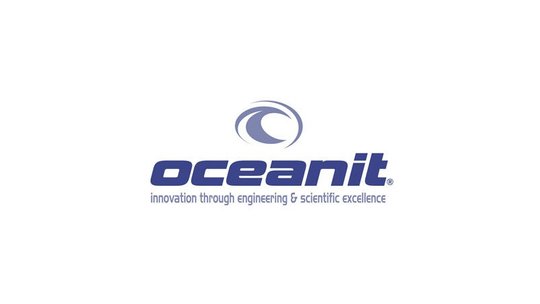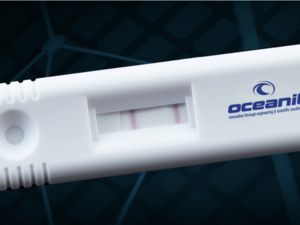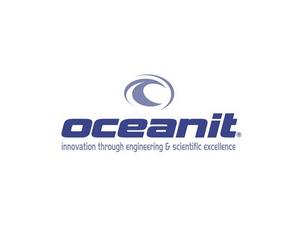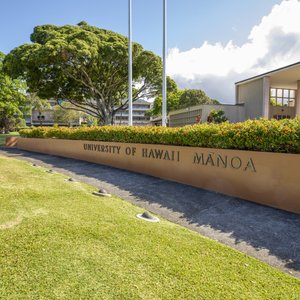
Honolulu-based Oceanit Laboratories Inc. has received over $2 million in 2021 grant awards from the U.S. Department of Energy to pursue research in two areas; hydrogen fuel, and plant-based carbon capture technology.
Oceanit, which is known for being a defense contractor that designs, simulates and tests high-grade materials, sensors and systems for the Department of Defense, also underwent trials in 2020 to bring a rapid Covid-19 test to Hawaii.
Sustainable energy use is now at its forefront.
On June 21, Oceanit announced that it received DOE awards to pursue creating sustainable hydrogen while reducing human climate impacts. Grant money totaled close to $500,000.
“To be effective, we had to step way back and take a broad and fundamental look at the energy industry,” said Oceanit founder and CEO, Patrick Sullivan, in a statement.
Hydrogen has been an "elusive dream fuel," for the energy industry, Oceanit officials said, with the challenges being its safe storage and transportation. The lab will first attempt to use artificial intelligence to deploy optical sensors to move hydrogen through natural gas pipelines.
Part of that involved the development of "nanocomposite surface treatments" to protect pipelines' structural integrity from a phenomenon called “hydrogen embrittlement.”
As part of its research process, Oceanit broke down the energy industry into five "buckets," including exploration and production, transmission, refining, distribution of energy products, and decarbonization.
The last of those spurred a $1.6 million grant from the DOE, for a project named GROOT, after the Marvel Comics character — Greenhouse Recapture Observation and Optimization Technology. Oceanit announced the grant Tuesday.
GROOT integrates AI with imagery from sensors under the soil to measure and map plant root systems, and subsequently measures a plant’s health, potential yield, and ability to capture carbon.
Oceanit envisions crops on 9 million acres of U.S. farmland being grown for food while also being used to sequester carbon, with a carbon credit conveyed to farmers.
"Energy transformation requires a comprehensive strategy that recognizes the reality of current business practices and interests," Sullivan said.







